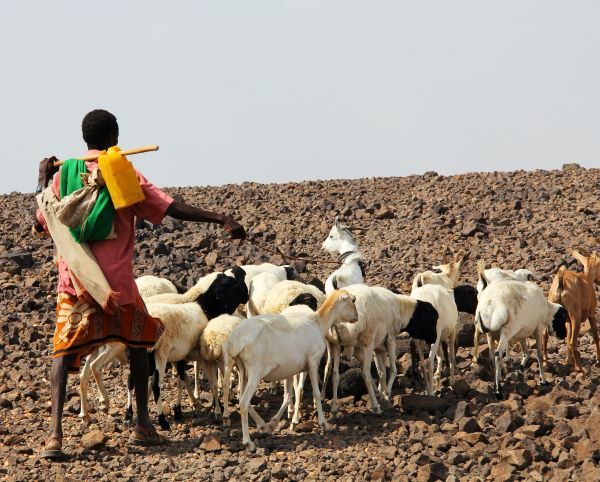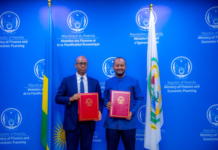
The Regional Livestock Program (RLP), a 12-year initiative launched across Ethiopia, Kenya, and Somalia, is driving systemic change in the Horn of Africa’s livestock sector.
Now in its first phase (2023–2027), RLP is targeting 540,000 pastoralists and market actors along five key trade corridors—and 2024 marked a year of remarkable progress.
To improve climate resilience and land use, 23 Rangeland Management Committees co-developed land-use plans, resulting in the rehabilitation of 713 hectares through strong local participation. Water access also improved, with solar-powered systems benefiting 755 households and nearly 89,000 livestock.
Veterinary services reached over 18,000 livestock producers, including in remote areas, through strengthened community-based delivery models involving Community Animal Health Workers (CAHWs) and Private Veterinary Pharmacies (PVPs). These efforts reflect a growing shift toward localized, climate-smart, and community-owned solutions.
RLP also advanced gender equity by organizing 117 women traders and 33 fodder retailers into formal groups, using the Women’s Empowerment in Livestock Index (WELI) to identify barriers and catalyze inclusion.
Women are now emerging as leaders in feed businesses, milk collection cooperatives, and financial services. Meanwhile, trader associations are beginning to influence policy on taxation and livestock mobility.
At the regional level, the program supported harmonization of cross-border trade and animal health protocols, contributed to the African Continental Free Trade Area (AfCFTA) livestock strategy, and helped establish the Camel Centre of Excellence in Kenya—signaling long-term institutional investments.
A notable highlight of 2024 was the shift in community behavior. Locals co-financed rangeland restoration, while both traditional and formal leaders began jointly enforcing community bylaws. Disaster preparedness has become proactive, replacing environmentally damaging strategies like charcoal burning with locally driven early warning systems.
Looking ahead, RLP plans to expand public–private partnerships, scale resilience-building frameworks, and unlock new markets in camel milk, meat, and feed. With community leadership at the forefront, the region is now well-positioned for a transformative livestock future.







